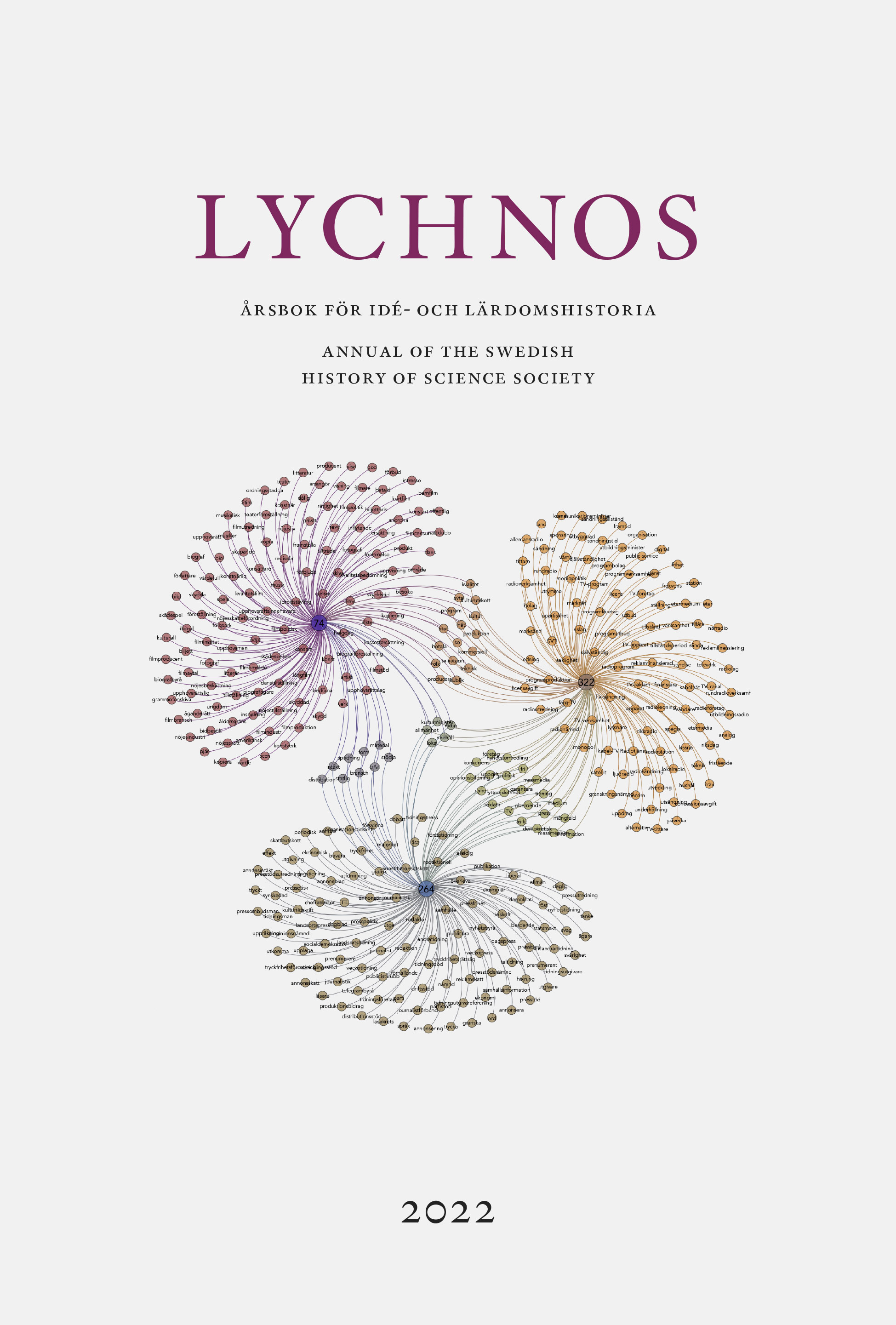Hur FAIR är svensk digitiserad kulturarvsdata idag?
DOI:
https://doi.org/10.48202/24081Nyckelord:
digitalisation, collections, digital cultural heritage, FAIR principles, linked open data, controlled vocabulariesAbstract
Historical research is increasingly dependent on digital methods to find materials and information online. This requires a very different form of source criticism in order to understand what is available or not through different services. In this paper we present an overview of how digitalised heritage data from Swedish museums and archives are made publicly available on various platforms today, and highlight the often hidden challenges researchers face when trying to make use of them. The study is grounded in the FAIR data principles: to which extent is digitalised heritage data findable, accessible, interoperable and reusable? Content available through aggregated web services by the National Heritage Board, the National Archives and the Royal Library, among several others, are examined and compared. The published collections data of the Nordic Museum are used to highlight the limits of FAIR. We identify areas where lack of national strategies and good digital practices causes problems, and suggest ways forward. Digitalisation is much more than digital versions of analogue practices and materials. Trusted vocabularies combined with linked data and persistent identifiers will enable a richer and more multivocal heritage that is not restricted in space or to the information that fits onto a catalogue card. Researchers and heritage institutions need deeper collaboration to ensure digitalisation results in usable data, and they need to embrace good digital practices.
Downloads
Publicerad
Nummer
Sektion
Licens
Copyright (c) 2022 Aron Ambrosiani, Åsa M Larsson

Det här verket är licensierat under en Creative Commons Erkännande 4.0 Internationell-licens.
This work is licensed under a Creative Commons Attribution 4.0 International License. The copyright for the work published in Lychnos remains with the authors.


